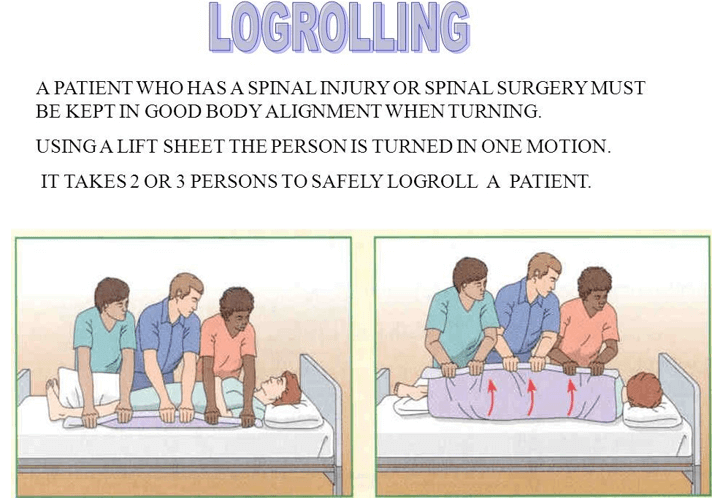A male client who is admitted with bipolar disorder, and manic psychosis, is placed in seclusion after unsuccessful attempts to de-escalate him during a sudden mood swing from laughter to jumping and screaming threats while waving a plastic dinner knife.
The client is given haloperidol.
5 mg intramuscularly STAT prior to seclusion.
Which intervention is most important for the nurse to implement immediately after seclusion?
Release the client as soon as composure is regained.
Observe for extrapyramidal symptoms, such as dystonia.
Secure the room with padded walls and minimal furnishings.
Provide one-on-one observation at all times.
The Correct Answer is B
Choice B rationale:
Observing for extrapyramidal symptoms, such as dystonia, is the most important intervention immediately after seclusion because haloperidol is an antipsychotic medication known to have the potential to cause extrapyramidal side effects. Identifying and managing these side effects promptly is crucial to ensure the client's safety.
Choice A rationale:
Releasing the client as soon as composure is regained may not be safe if the client is still at risk of harming themselves or others. Monitoring for the resolution of symptoms and stabilization is important before releasing the client.
Choice C rationale:
Securing the room with padded walls and minimal furnishings is not the immediate priority. While seclusion rooms should be safe and comfortable, observing for potential side effects takes precedence.
Choice D rationale:
Providing one-on-one observation at all times is a resource-intensive intervention and may not be necessary for all clients. Observing for extrapyramidal symptoms is more targeted and appropriate in this scenario.
Nursing Test Bank
Naxlex Comprehensive Predictor Exams
Related Questions
Correct Answer is D
Explanation

Correct Answer is A
Explanation
Choice A rationale:
Encouraging the client to face their fear gradually is an appropriate nursing intervention for a client with a phobia. This approach is consistent with exposure therapy, which is a widely recognized and effective treatment for phobias. Exposure therapy involves gradually exposing the client to the feared object or situation in a controlled and supportive environment. By doing so, the client can learn to confront and manage their fear over time. This approach is evidence-based and helps the client build resilience and reduce anxiety.
Choice B rationale:
Administering benzodiazepines as needed for acute anxiety (Choice B) is not the first-line treatment for phobias. While benzodiazepines can provide temporary relief from anxiety symptoms, they do not address the underlying phobia and can lead to dependence and tolerance with prolonged use. Moreover, they are generally reserved for acute anxiety episodes and not considered a primary treatment for phobias.
Choice C rationale:
Providing psychoeducation about the causes and effects of phobias (Choice C) is a valuable component of treatment, but it alone may not be sufficient. Psychoeducation can help clients understand the nature of their phobia and reduce stigma, but it should be combined with evidence-based therapies like exposure therapy for comprehensive care.
Choice D rationale:
Teaching the client relaxation techniques to manage anxiety (Choice D) can be a helpful adjunct to treatment, but it is not the primary intervention for phobias. Relaxation techniques can be part of a broader strategy to reduce anxiety, but the client also needs exposure therapy or cognitive-behavioral therapy to address the phobia directly.
Whether you are a student looking to ace your exams or a practicing nurse seeking to enhance your expertise , our nursing education contents will empower you with the confidence and competence to make a difference in the lives of patients and become a respected leader in the healthcare field.
Visit Naxlex, invest in your future and unlock endless possibilities with our unparalleled nursing education contents today
Report Wrong Answer on the Current Question
Do you disagree with the answer? If yes, what is your expected answer? Explain.
Kindly be descriptive with the issue you are facing.
